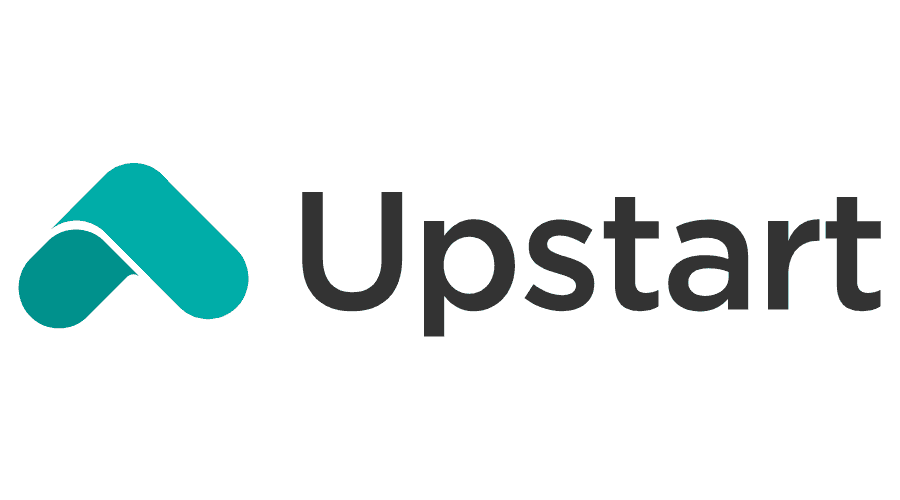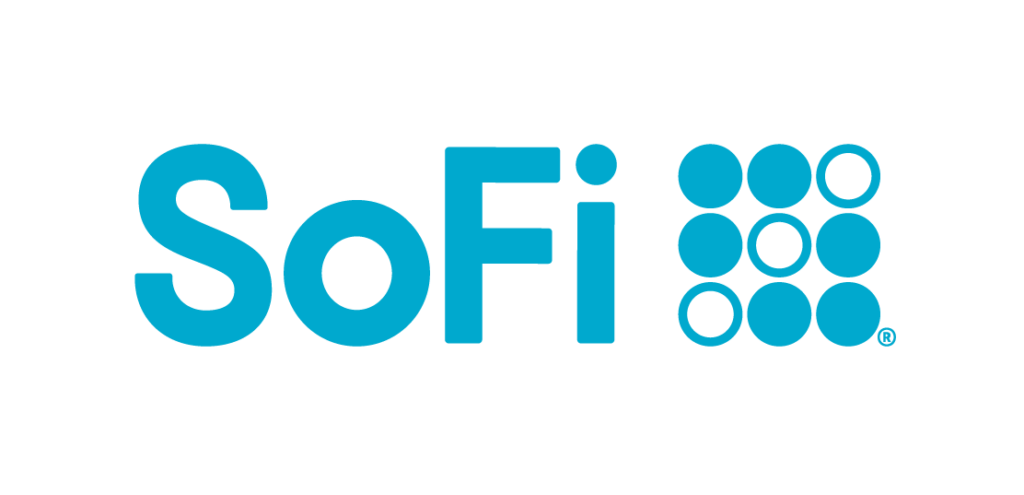Paying off one installment loan is hard enough. Juggling multiple lines of installment debt is a nightmare. That’s why people are turning to installment loan debt consolidation as a solution.
Pro tip: Installment loans are high interest rate loans that are offered at banks, credit unions and online lenders. The loans can sometimes be secured with collateral, like a house or car, or unsecured debt. Installment loans typically offer a fixed interest rate that will be good for the life of the loan.
Struggling with high-interest installment loans?
Installment loans and payday loans are very similar, so we may be able to help.
Table of Contents
How debt consolidation loans work
Debt consolidation is when you use a new loan to pay off your other debts. You still owe the money but, instead of owing money to multiple accounts, now you only owe money to one.
The main goal of debt consolidation is to use it to pay off high-interest debts like payday loans and credit cards. But you aren’t always guaranteed a lower interest rate, and your offer will depend on your credit score, income and other factors.
This is why debt consolidation may not be the best choice for everybody. Borrowers with poor credit scores may be rejected, end up paying even higher interest rates, or find themselves with worse terms than their existing debts.
READ MORE: Debt Consolidation: How It Works + 5 Best Loan Options
What are some of the best debt consolidation loans?
Disclaimer: DebtHammer may be affiliated with some of the companies mentioned in this article. DebtHammer may make money from advertisements, or when you contact a company through our platform.

Upstart
Upstart offers loans ranging from $1,000 to $50,000, with repayment terms of up to 5 years. Interest rates range from 5.2% to 35.99%. Upstart charges an origination fee of 0% to 12%.

Lightstream
Lightstream offers loans with a maximum APR of 24.99% (with autopay) and a maximum amount of up to $100,000. You can take up to seven years to repay the loan. Lightstream doesn’t charge origination fees, and there is no fee for late payments.

SoFi
SoFi offers loans up to $100,000 with interest rates ranging from 8.99% to 25.81%. You can take up to five years to repay the loan. SoFi charges an origination fee of 0% to 6% of the loan.
Pro tip: Marcus by Goldman Sachs stopped offering debt consolidation loans in January 2023, as the lender decided to scale back consumer lending.
Credit card balance transfers
Credit card companies offer low interest rates when you transfer the balance of an existing account to your new card. There are a couple of catches:
- Your creditworthiness: Qualifying can be tricky. You will need to have good credit or excellent credit to qualify. This usually means a FICO score of 670 or higher
- The timeframe: This interest rate is only offered for a set period — usually 6 to 12 months, and there will almost certainly be a balance transfer fee, but it will be lower than what you’d be paying in interest.
- Balance transfer fee: You’ll have to pay a fee ranging from 3% to 5% of the total debt transferred.
- No late payments: The introductory rate will disappear if you don’t make your payments, so be sure that you can afford to make at least the minimum payment each month
Debt Management Plans
A Debt Management Plan (or DMP) is exactly what it sounds like — a plan you make to manage your debt.
DMPs are done with the help of a professional, usually an expert in credit counseling. That professional will help you use your existing assets—like leveraging your home equity or retirement savings — to consolidate your debts and make them easier to resolve.
If you don’t have these assets, your DMP case manager will work with your lenders to settle your debts, find you the lowest rates, etc. and then manage your monthly payments.
For you, it will feel like a consolidation loan because you will only make one payment each month. In this case, your DMP manager will take that single payment and allocate it across your existing accounts for you until all your debts are paid off.
Other ways to get debt relief
If you don’t feel like debt consolidation is your best option, there are three other approaches you can take to manage your existing debts.
Debt avalanche
The debt avalanche method is when you pay only the minimum balance due each month on each of your accounts, and if you have any money left in your budget, you pay that extra money into the account with the highest interest rate. When that account is paid off, you allocate any extra money to the account with the next highest interest rate. The idea is that by paying down accounts with high interest rates, you’ll pay your debts faster and for less money.
Debt snowball
The debt snowball method is the same basic premise as the debt avalanche. With the debt snowball, any extra money is put toward the smallest debt. The idea here is that by paying off debts quickly, you build momentum that you can use to squash your larger debts.
Is debt avalanche or debt snowball the right option for you? Learn more here.
Debt settlement
Debt settlement is an option if you know you cannot afford to pay the total amount you owe. Instead, you contact your lender and try to come up with a total amount due that you can live with (which is less than what you currently owe).
READ MORE: What are the pros and cons of debt settlement?
Why consolidate your installment loans?
There are a lot of reasons to consider loan consolidation. Here are three of the biggest:
One payment
Consolidation takes multiple loans and lines of credit and turns them into a single debt that is owed to a single lender. This means that you only must make one loan payment each month. This can also help you avoid late fees since you only have to remember one monthly due date.
Lower interest rates
When you have multiple debts, you deal with multiple (often high) interest rates. With installment loan debt consolidation, you only have one debt. There is only one interest rate to remember and that more of the money you are paying out is being applied to your balance due, which means that you’ll be able to pay that debt off faster.
Improved credit score
Because a consolidation loan is used to pay off all your other debts, those accounts will be listed on your credit report as “paid” and show a zero balance, which is good for your credit score.
When your credit score goes up, you will qualify for lower interest rates on your debts, and you might be able to refinance your consolidation loan into something even easier to pay off!
Stuck in high-interest debt?
DebtHammer can you help you consolidate.
Pro tip: It is important to know that your credit score will likely drop at the beginning of the debt consolidation process. The larger loan will impact your credit utilization ratio, and the credit check will usually cost you at least a few points. As you make your consolidation loan payments on time, your score will recover and even improve beyond what it was when you started.
READ MORE: How Does Debt Consolidation Affect Your Credit Score?
More ways to pay off installment loan debt
Of course, debt consolidation via professionals and DMPs are just a couple of your options. You could also try any of the following methods:
- Ask family/friends for help
- Personal loans
- Home equity loan or HELOC
- Refinance your vehicle
- Retirement account (401k) loans
The bottom line
Debt consolidation can be an easy way to roll all of your installment loans (and other debts) into one bigger loan with a lower monthly payment. However, it may not be the best option for everyone. Depending on your financial situation, you may not qualify for a new loan with lower interest rates, or you may have too much debt to consolidate with one loan.
If you aren’t sure whether debt consolidation is right for you, contact us at DebtHammer to set up a free consultation. Our team can check your eligibility with more than 30 lenders at once, and review your other options if debt consolidation won’t work.

